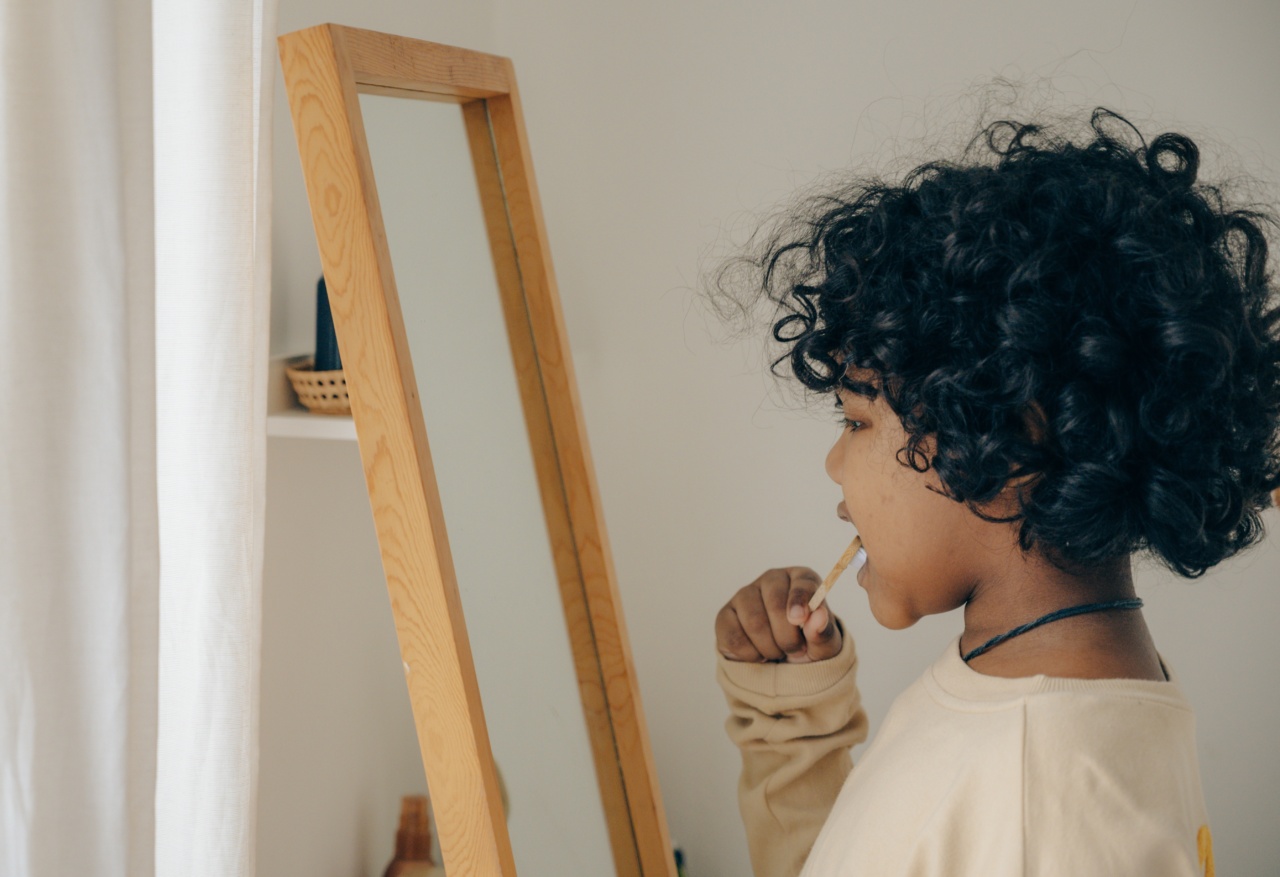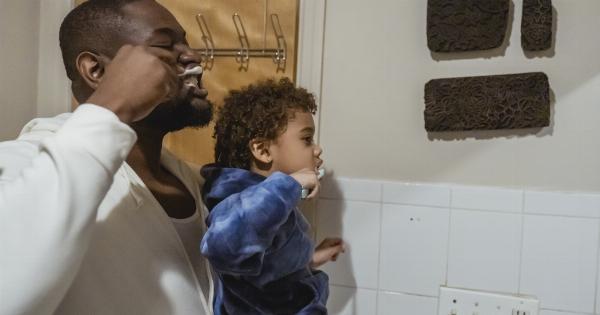It’s never too early to start good oral hygiene habits for your kids. It’s essential to teach children how to maintain their oral hygiene to prevent tooth decay, gum disease, and other oral health problems.
A little care and routine can save your child from painful dental problems. This article gives you tips on how to prevent bad oral habits in kids.
1. Start oral hygiene habits early
Starting dental care early will help establish good habits that children will carry with them for life. Wipe your baby’s gums with a wet cloth or gauze after feeding.
When the first tooth appears, start brushing with a soft-bristled toothbrush and fluoride toothpaste twice a day.
2. Limit sugary and sticky foods
Sugar is bad for teeth, and it can cause tooth decay. Limit the intake of sugary drinks and snacks in your child’s diet, and try to give them healthy alternatives like fruits and vegetables.
Sticky foods like caramel and gummies can also lead to tooth decay. If your child does eat sugary foods, make sure they brush their teeth afterward.
3. Encourage regular brushing and flossing
Make brushing and flossing a routine part of your child’s everyday activities. Check to see if they’re cleaning their teeth properly and for the right amount of time.
Remind them to brush the tongue and gums and floss between teeth at least once a day. For younger children, you can supervise brushing and flossing, and for older kids, you can create a rewards system for good dental hygiene habits.
4. Avoid pacifiers and thumb-sucking
Thumb-sucking and pacifiers can be comforting for babies, but they can affect their oral health. Thumb-sucking can alter the alignment of teeth, leading to a crooked smile. Long-term pacifier use can cause the same problem.
Try to limit the use of a pacifier after the baby’s first year, and discourage thumb-sucking as early as possible.
5. Promote a healthy lifestyle
Oral health is linked to overall health. Maintaining a healthy lifestyle can help prevent dental problems. Make sure your child drinks plenty of water, gets enough sleep, and eats a nutritious diet.
Regular exercise can also help keep teeth and gums healthy.
6. Schedule regular dental check-ups
Dental check-ups are crucial to preventing tooth decay and other dental problems. Schedule regular appointments with a pediatric dentist to keep your child’s teeth healthy.
A pediatric dentist can detect problems early and provide guidance on how to maintain good dental hygiene habits.
7. Use fluoride toothpaste
Fluoride is essential for preventing cavities. Use fluoride toothpaste when brushing your child’s teeth. You can use a small amount of toothpaste for children who are younger than six years old and a pea-sized amount for older kids.
Make sure they spit out the toothpaste and not swallow it.
8. Be a good role model
Children learn habits from their parents. If you have a good oral hygiene routine, your child is more likely to follow suit. Brush and floss your own teeth regularly, and show your child that you prioritize your oral health.
9. Avoid mouth breathing
Some children breathe through their mouths instead of their noses, which can lead to dental problems. Mouth breathing dries out the mouth, reducing the amount of saliva and increasing the risk of tooth decay.
If your child breathes through their mouth, talk to your pediatric dentist or physician about ways to correct it.
10. Address dental anxiety
Some children may experience dental anxiety, which can make them avoid dental check-ups and routine dental care. Talk to your child about dental care and try to create a calm and relaxing environment for them during dental visits.
Pediatric dentists are trained to work with children and can help ease their anxiety.






























